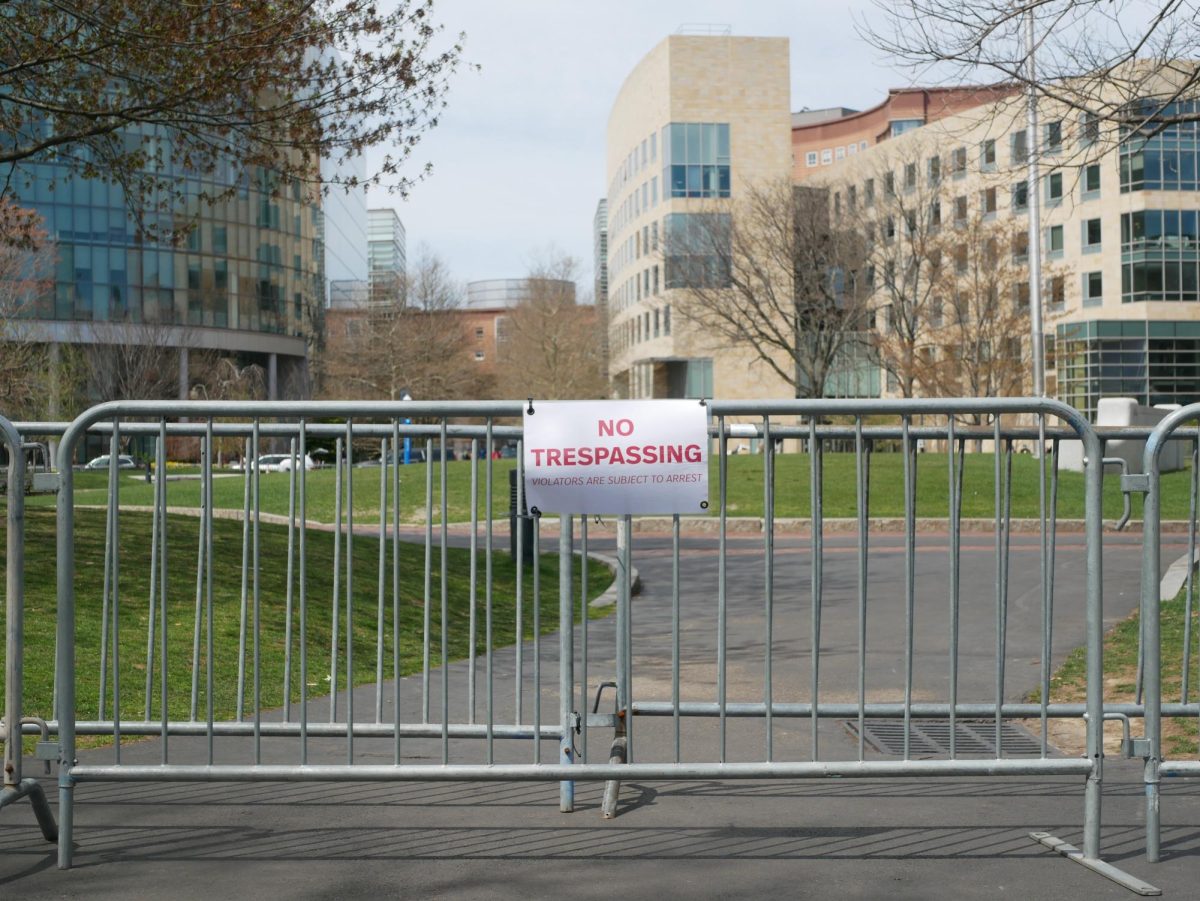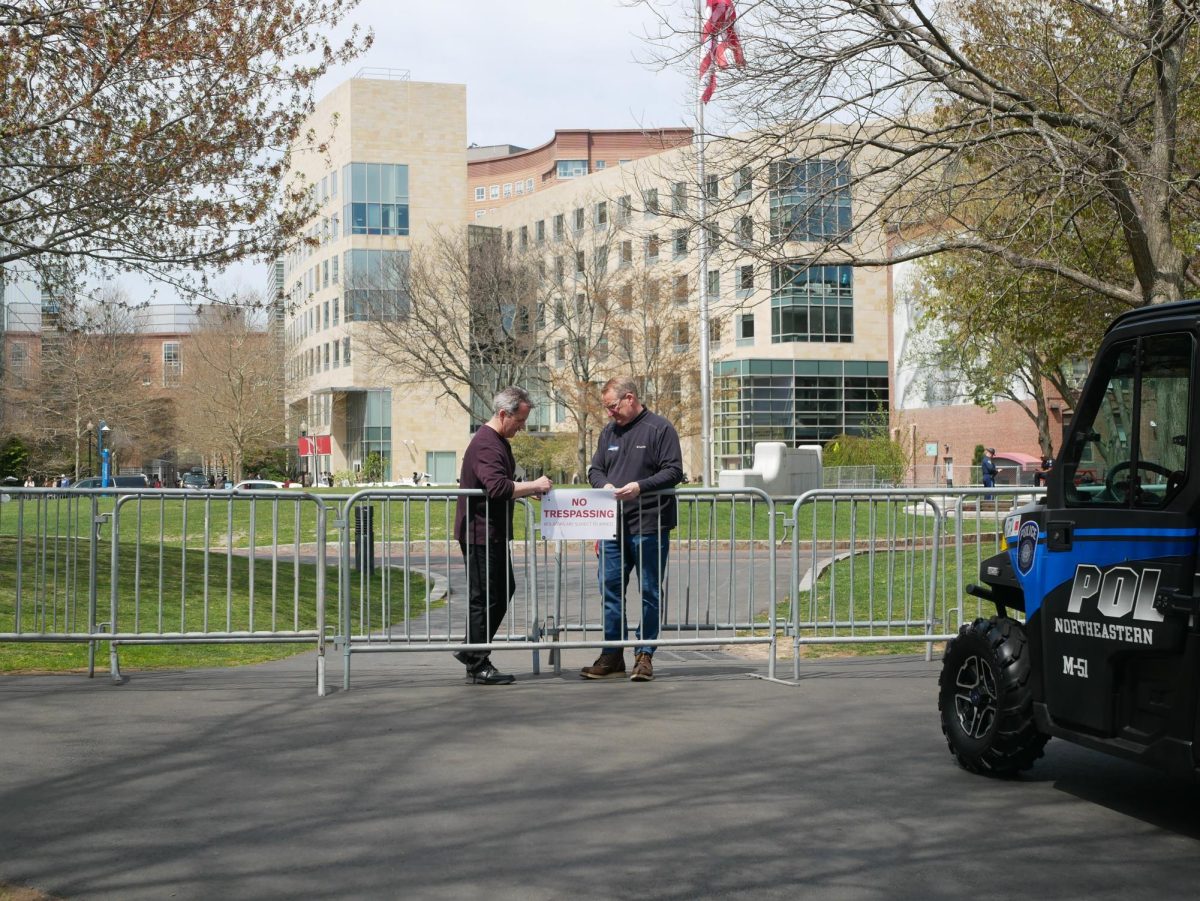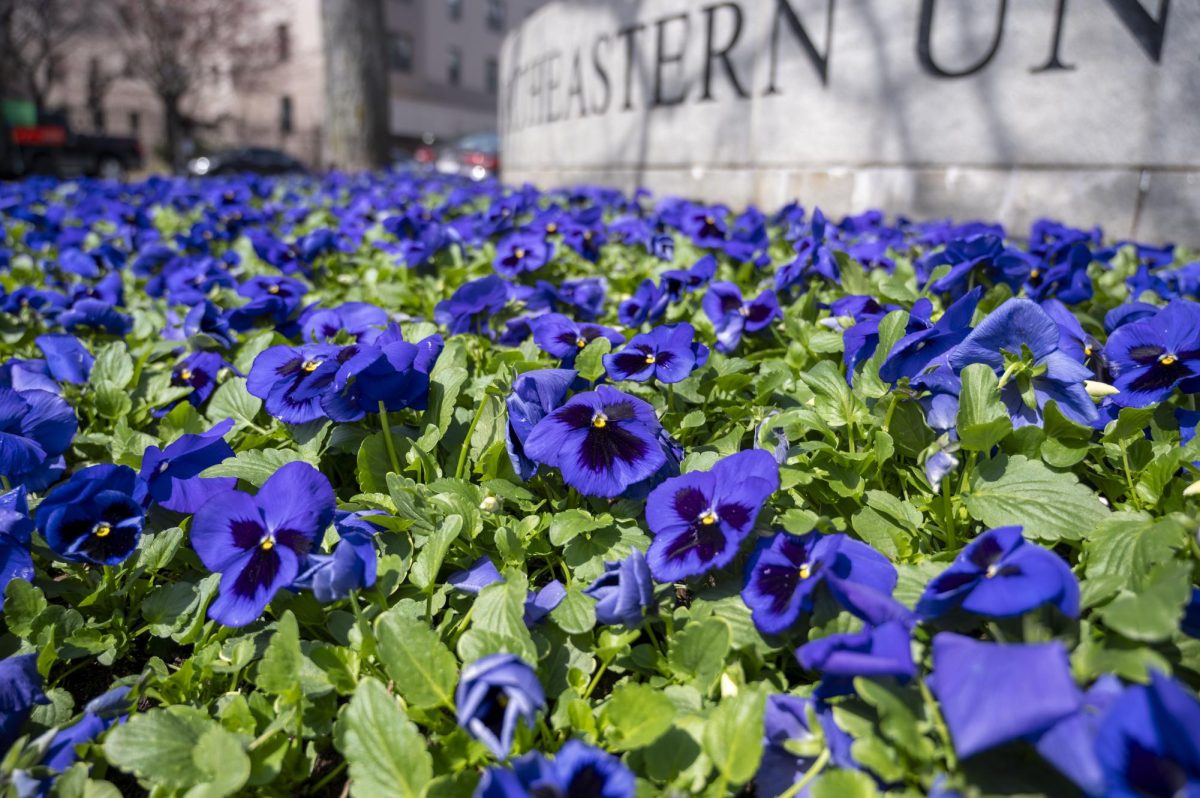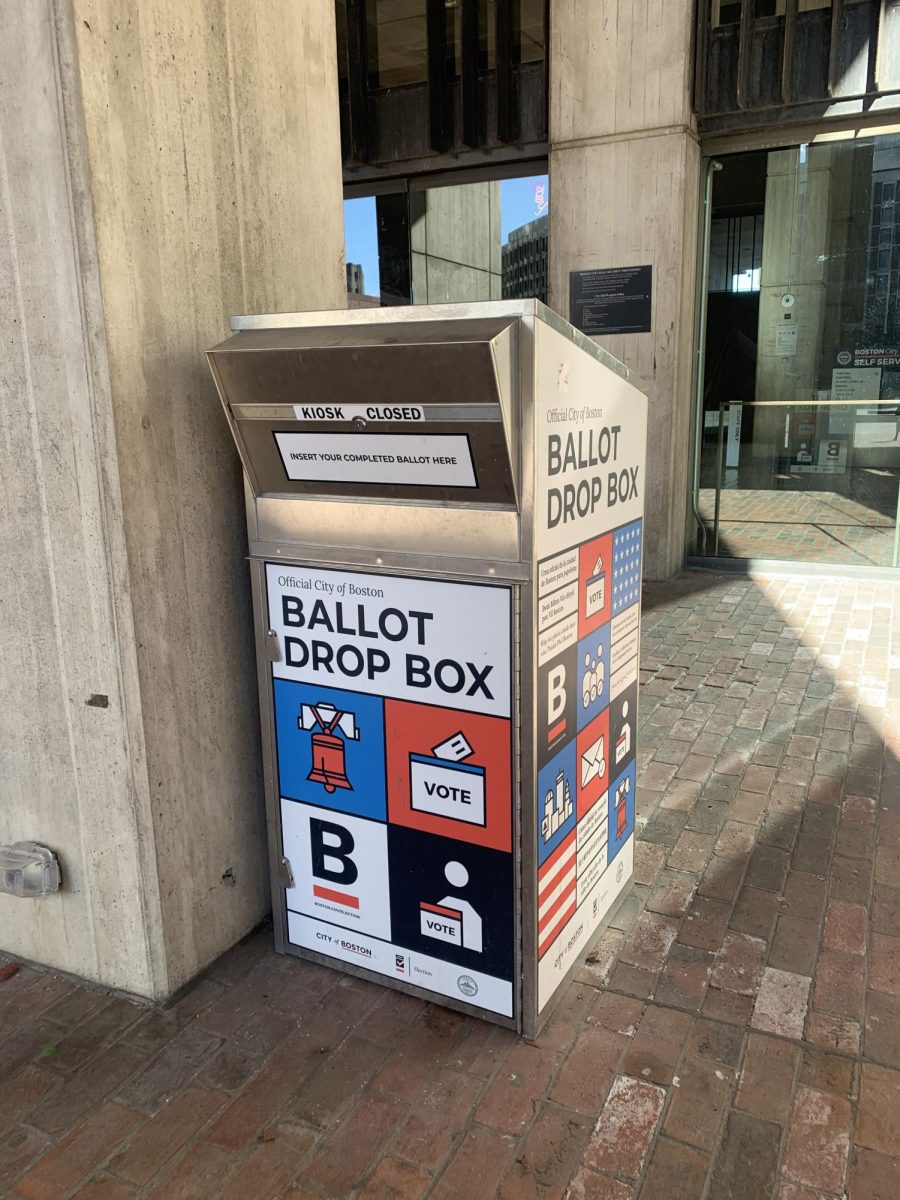I hate snow.
Well, hate is a strong word. And I’m going to use it. I hate snow.
I’ve lived in the greater Boston area for my entire life, so you would think I would be used to this. Nope. Every year, I get caught off guard by the sheer amount of frozen water that descends upon this city.
This winter, though, I think I’m justified. According to the National Weather Service — presumably the only organization that really cares this much about specifics — we’ve had 22 inches of snow in December and 38 inches of snow in January. For my fellow humanities majors who aren’t too quick with imperial measurements, this is five feet of snow. If it weren’t for the occasional warming that melted some of it, the amount of snow would completely engulf your average freshman.
If you’re new to the Boston area and have no real sense of scale here, keep this in mind: The normal snowfall in December in Boston is about six inches, and the normal total in January is 13 inches. We have effectively tripled the average this winter.
Oh, and for those who are sticklers for this sort of thing, these numbers are through Jan. 30 and so they don’t account for the additional six to 12 inches we are expected to get in between when I write this and when you read this. (Don’t spoil it for me; I so love surprises.)
What in the hell is causing all this powder? Counterintuitively, it may be a symptom of global warming. I have very little scientific training — my science core was filled by “Physics for Non-Science Majors,” which is a title filled with as much condescension as possible in a course registry — but I’ll do my damndest to make sense of this.
To produce snow, warm air with lots of moisture needs to meet cold air with little moisture. The two combine and create cold air with lots of moisture. This moisture becomes snow, which becomes heavier than air and precipitates out of the cloud.
Normally, this happens infrequently, and thus we receive less snow. But with more hot, saturated air heading towards us, and temperatures colder than average in our area — at one point during the winter, we were officially colder than the Arctic Circle — the conditions for snow have been arising more and more.
As a result of the sheer amount of snow, Boston has had to make numerous variably-effective attempts to cope. Six “snow forms” have been designated around Boston, where snow that couldn’t be shoved to the side of the road is dumped unceremoniously. Traffic is slowed by the narrowed streets. Parker Street, which divides West Village from the Wentworth fields, has parking on both sides of the street forced inward slightly by snow accumulation, resulting in what is effectively a 1.5 lane road. In any city, this would lead to infuriated drivers; in Boston, I’m amazed nobody’s been hospitalized from getting punched in the face through their driver’s side window.
Communities are struggling to stay financially afloat while dealing with the sheer amount of snow. My hometown of Framingham is already facing a $7 million budget shortfall this year. Add to that an extra $1 million it has to spend to fund snow removal, and things are looking grim. Fortunately, I’m the last one of my family out of the public school system, so the inevitable education cuts won’t affect us. Well, except for the uneducated teenagers running rampant around town setting fire to things in a mistaken belief that it will ward off the snow demons. That may affect us. Maybe.
Not to mention, Huskies with cars are forced off surface lots every time it snows, causing a major inconvenience for everyone involved. There are only so many places to park in this city.
Unfortunately, machines to change the weather are fairly distant, and the methods we do have at present—cloud seeding — only induce precipitation rather than prevent it. China used cloud seeding during the Beijing Olympics in 2008 to strategically drain clouds before they reached the Olympics site, ensuring clear weather. They also had a frankly terrifying opening ceremony where 2,008 drummers performed an elaborate, synchronized, horrifying drum routine. That whole Olympics seemed to be run by an evil genius.
If this is the future of Boston winters, I suppose there’s little more we can do than bunker down and get used to being buried three months out of the year.
Well, I guess we could move. But who wants to do that?
– Michael Denham can be reached at [email protected].













